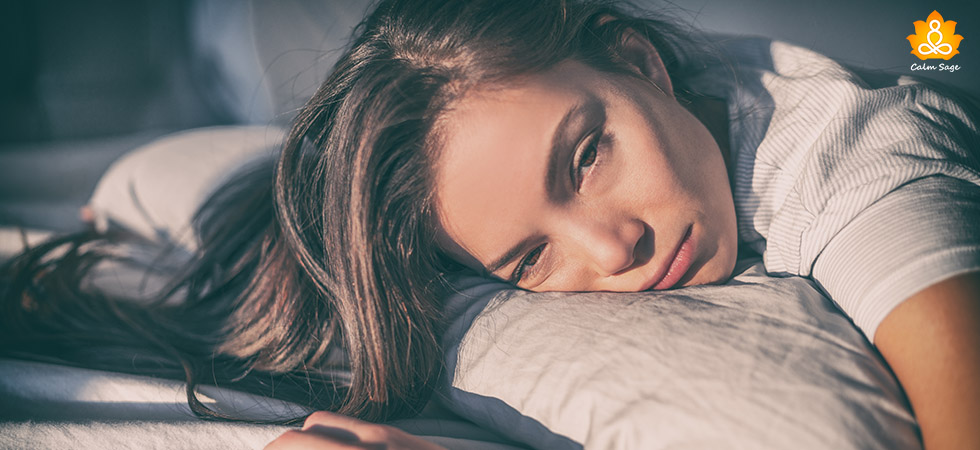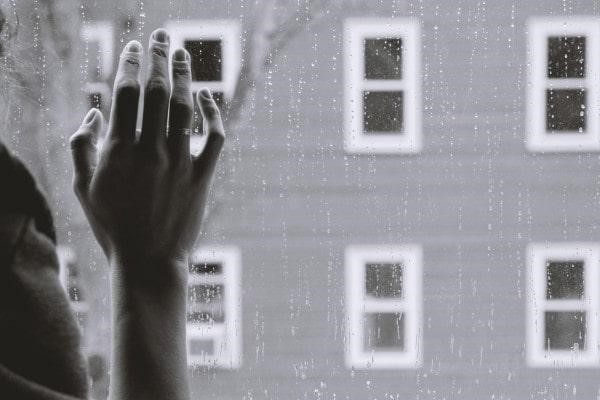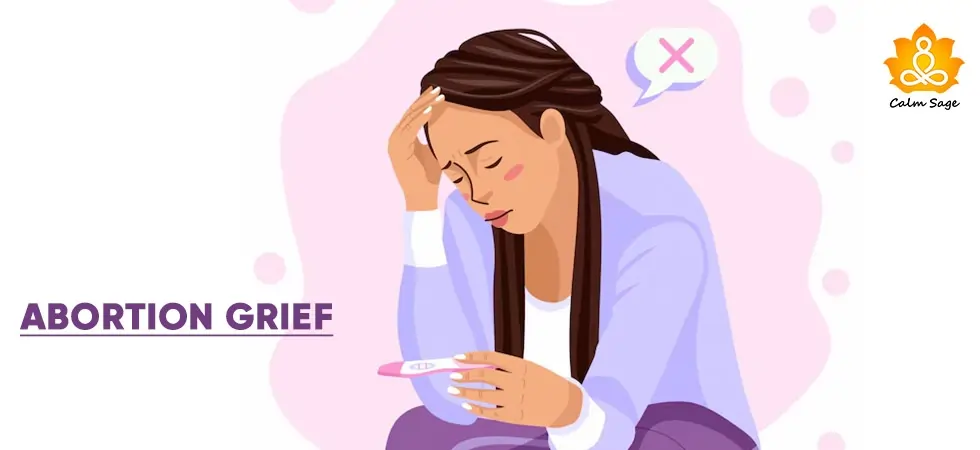Signs & Prevention Tips Of A Depression Relapse

“There are wounds that never show on the body that are deeper and more hurtful than anything that bleeds.” – Laurell K. Hamilton
If this quote doesn’t quite define what depression feels like, I don’t know what does. Depression is like a wound that runs deeper than anything that can hurt us, physically. This wound, no matter how hard we try to bandage up, can reopen with a simple word or act.
Many people experience depression relapse. It can occur in a few weeks, months, years after the first occurrence. While many people often experience a relapse once or twice, others experience a reoccurring for more than two to three times, throughout their lives.
The warning signs of a depression relapse can differ each time and can be triggered by simple things.
What Is A Depression Relapse?

For anyone who has ever been in depression, there is nothing more debilitating than experiencing a relapse. A depression relapse is nothing like a drug or alcohol relapse. A depression relapse can be mistaken for recurring sadness for the first few days. But when the sadness becomes too overwhelming, starts to spark up your anxiety, and affects your appetite, then it’s the sadness that can turn into depression.
A depression relapse can happen within a few weeks of terminating the first treatment. A relapse happens when the symptoms return months or years after a person has recovered from their last episode. There are roughly 50% of people who experience a depressive episode after they’re recovered or their treatment has ended.
Seasonal Affective Disorder (SAD) and Premenstrual Dysphoric Syndrome (PDS) are two of the most common depression-like disorders that reoccur quite frequently.

Signs Of A Depressive Relapse
- Feeling sad or anxious constantly
- Feeling the loss of interest or pleasure in activities that you usually enjoy
- Avoiding social interactions and withdrawing from social activities
- Experiencing fatigue like not being able to get up in the morning
- Feeling agitated and irritated constantly
- Not being able to sleep properly. Either getting too much sleep or no sleep at all
- Changes in appetite. Either eating too much or not eating enough
- Feeling hopeless and worthless
- Trouble concentrating on the task at hand
- Experiencing cognitive impairment (jumbled speech and thoughts, etc.)
- Experiencing physical pain frequently (headaches, stomach cramps, muscle aches, etc.)
- Recurring thoughts of self-harm or suicide
A depressive relapse can be easily mistaken for sadness or grief but these are the key warning signs you need to look for:
If your loved one is having thoughts of suicide or self-harm, please reach out to a suicide helpline immediately.
Triggers Of A Depressive Relapse
Anything – big or small can trigger a depressive relapse. Some of the common triggers include:
1. Changes in lifestyle: Family conflict, death of a loved one, relationship problems – these stressful situations can trigger a depressive episode.
2. Incomplete recovery: If you’re not able to receive the full treatment for the first depressive episode, it is probable that you’ll experience a relapse.
3. Quitting therapy: Healing of any kind – physical, mental, or emotional – takes time. If you decide to quit therapy thinking that you’re healed enough to continue with your life, you’re more likely to relapse in the future.
4. Medical reasons: If you’re suffering from chronic medical conditions such as diabetes, obesity, or any heart condition, it can increase your risk of depressive relapse.
Prevention Tips For Depression Relapse
Here are some things you can do to prevent a depressive relapse:
1. Stay Healthy & Active

Cutting back on caffeine and other products that can induce your anxiety can be of great help. Consuming more vitamins rich food, exercising regularly, staying active, and getting involved in volunteer activities can help you prevent a depressive relapse.
2. Don’t ‘Stay Busy’ All The Time
While staying active is good for you, staying busy all the time might not be. Many people prefer staying busy to avoid dealing with uncomfortable and stressful situations. Balancing your personal and professional life as well as keeping a balanced mind and heart can help you prevent a depressive relapse.
3. Positive Mind Equals Positive Outlook

Keeping a positive outlook on life and thinking positively is another way you can prevent a relapse. I know, thinking positive when the world around you is not happy can be difficult but having a positive and optimistic outlook on the good little things in life can be a great help.
4. Stop Self-Blaming
When things don’t go the way we want them to go, we blame ourselves and ponder on the ‘what-ifs’ rather than what we have. Instead of thinking ‘what should have I done differently’ focus on what has happened, learn from it, and accept that there are things you can’t control or change.
5. Continue With Your Treatment
The decision to end your therapy shouldn’t be done on your own. Consult with your mental healthcare professional, ask questions, make your peace with your disorder, and then decide alongside your therapist on when you should end your treatment. Prematurely ending treatment isn’t helpful in preventing a relapse.
6. Learn Stress Management

Practice mindfulness, meditation, or any other stress management techniques to help you ground yourself back to reality. Keeping and maintaining a healthy stress management routine can help you prevent the symptoms of depression before they turn into something more.
7. Create A Support System
Joining a support group or creating your own support system for days when you feel blue can help you halt a depressive episode. We are social beings and we heal better in the company of others than on our own. Reaching out to people who’ve experienced similar situations and talking to them can also be an amazing preventive method.
Remember…

There are therapies and various other treatments available to help you cope with depression. Options like cognitive behavioral therapy (CBT), interpersonal therapy (IPT), medications – are effective ways of treating depression.
If you’re in need of a counselor to help you with your symptoms don’t hesitate to reach out. We, at Calm Sage, have trained professionals who are willing to help you. Or you can also write to us at info@calmsage.com.
Depression can severely affect a person’s ability to function in their daily lives but with the help of proper treatment, symptoms of depression can be easily manageable.
As Margaret Thatcher has said, “You may have to fight a battle more than once to win it.”
You are not alone.
You are enough.
Always keep fighting!




















